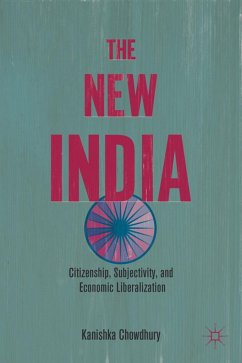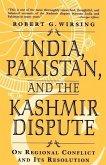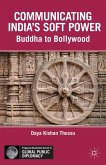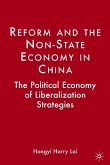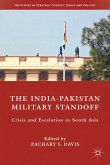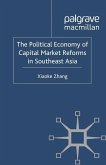This book looks critically at various constructions of the Indian citizen from 1991 to 2007, the period when economic liberalization became established government policy. Examining differing images of citizenship and its rules and rituals, Chowdhury sheds light on the complex interactions between culture and political economy in the New India.
"For those interested in how citizenship and national belonging are being reimagined under neoliberal globalization, Kanishka Chowdhury provides an enormously detailed account of the emerging Indian dispensation. This is an insightful study from a meticulous reader of the cultural landscape." - Arvind Rajagopal, Professor of Media Studies, New York University and author of Politics After Television: Hindu Nationalism and the Reshaping of the Public in India
"The New India deals with a timely subject - the emergence of new forms of subjectivity and citizenship in the context of India's economic policy of liberalization. The book is impressive in the wide ranging issues and questions Chowdhury links and analyzes. The author makes an important contribution to the scholarship on postcolonial studies and contemporary cultural politics in India." - Leela Fernandes, Professor of Women's Studies and Political Science, University of Michigan and author of India s New Middle Class
"This is a timely and engaging study which provides an historicized account of the relationship between economic 'globalization', attempts to reimagine a New Indian subject and narratives of change, both literary and social. Chowdhury offers a thoughtful contribution to studies of the colonial and postcolonial present which must necessarily now involve questions of global capitalism and its modes of dispossession and disenfranchisement." - Priyamvada Gopal, University Senior Lecturer in Postcolonial and Related Literatures at Cambridge University and author of The Indian Novel in English: Nation, History and Narration
"The New India deals with a timely subject - the emergence of new forms of subjectivity and citizenship in the context of India's economic policy of liberalization. The book is impressive in the wide ranging issues and questions Chowdhury links and analyzes. The author makes an important contribution to the scholarship on postcolonial studies and contemporary cultural politics in India." - Leela Fernandes, Professor of Women's Studies and Political Science, University of Michigan and author of India s New Middle Class
"This is a timely and engaging study which provides an historicized account of the relationship between economic 'globalization', attempts to reimagine a New Indian subject and narratives of change, both literary and social. Chowdhury offers a thoughtful contribution to studies of the colonial and postcolonial present which must necessarily now involve questions of global capitalism and its modes of dispossession and disenfranchisement." - Priyamvada Gopal, University Senior Lecturer in Postcolonial and Related Literatures at Cambridge University and author of The Indian Novel in English: Nation, History and Narration

